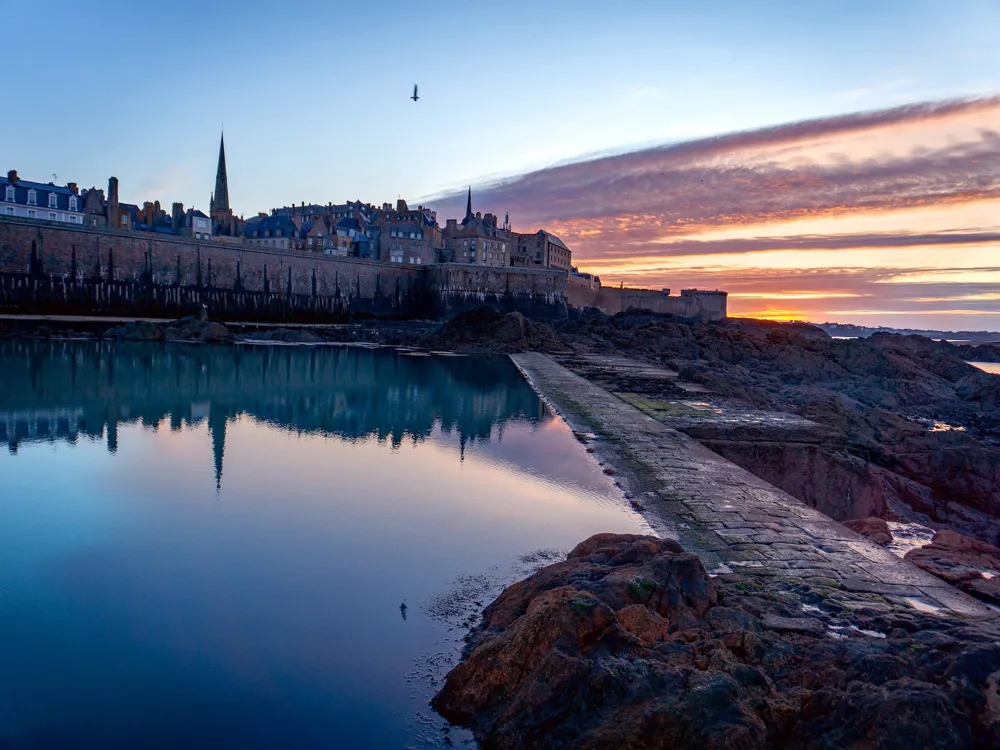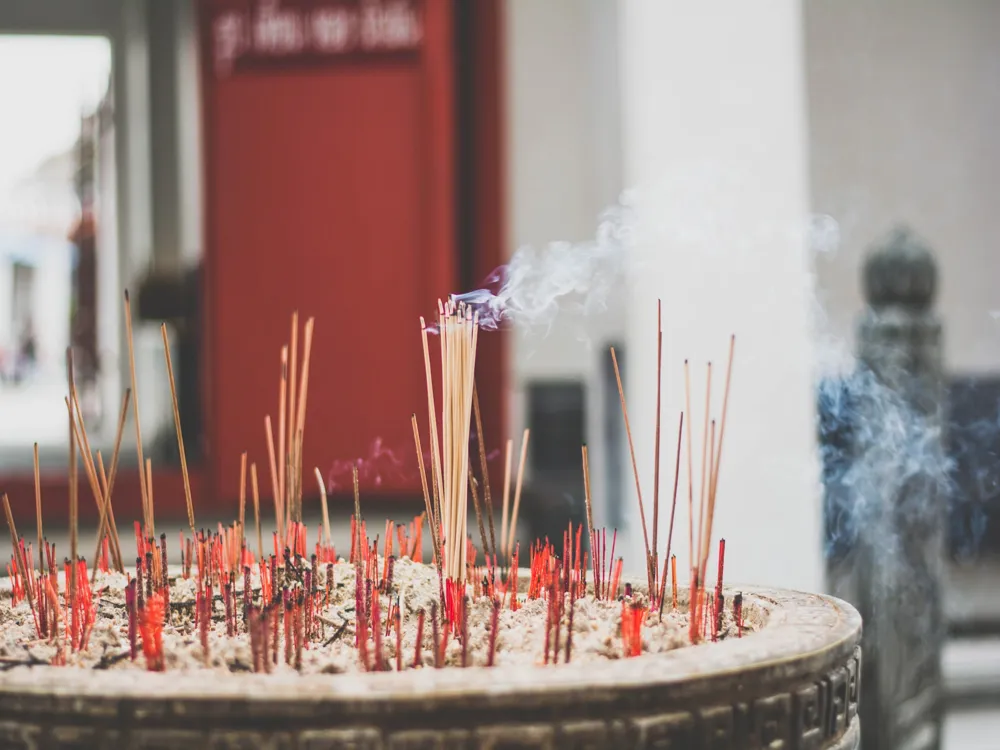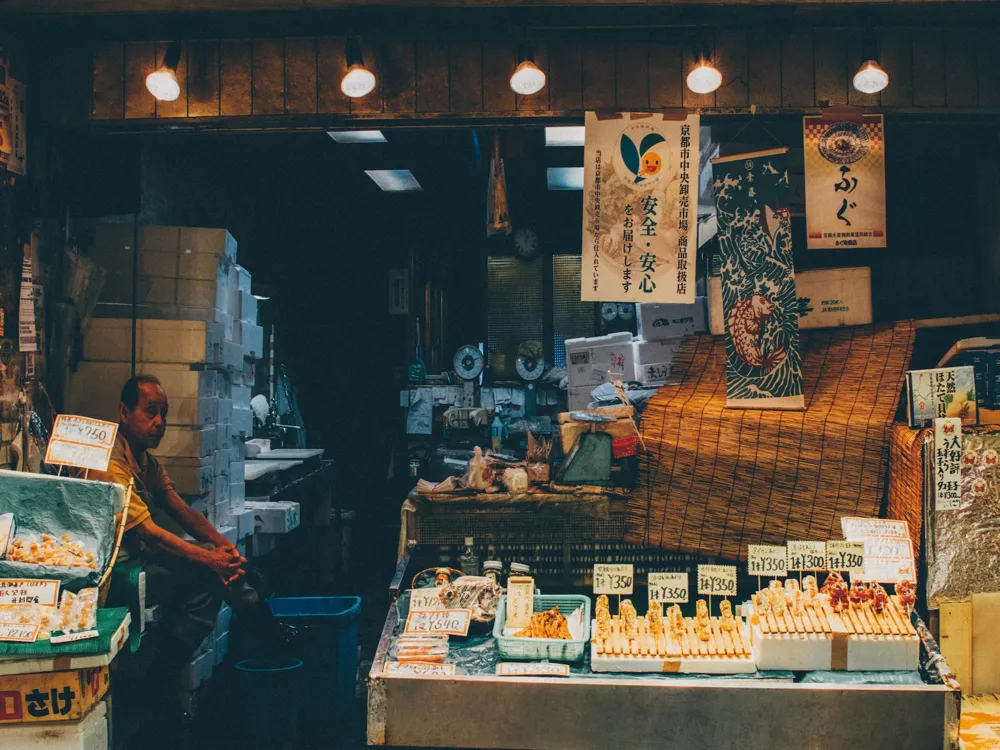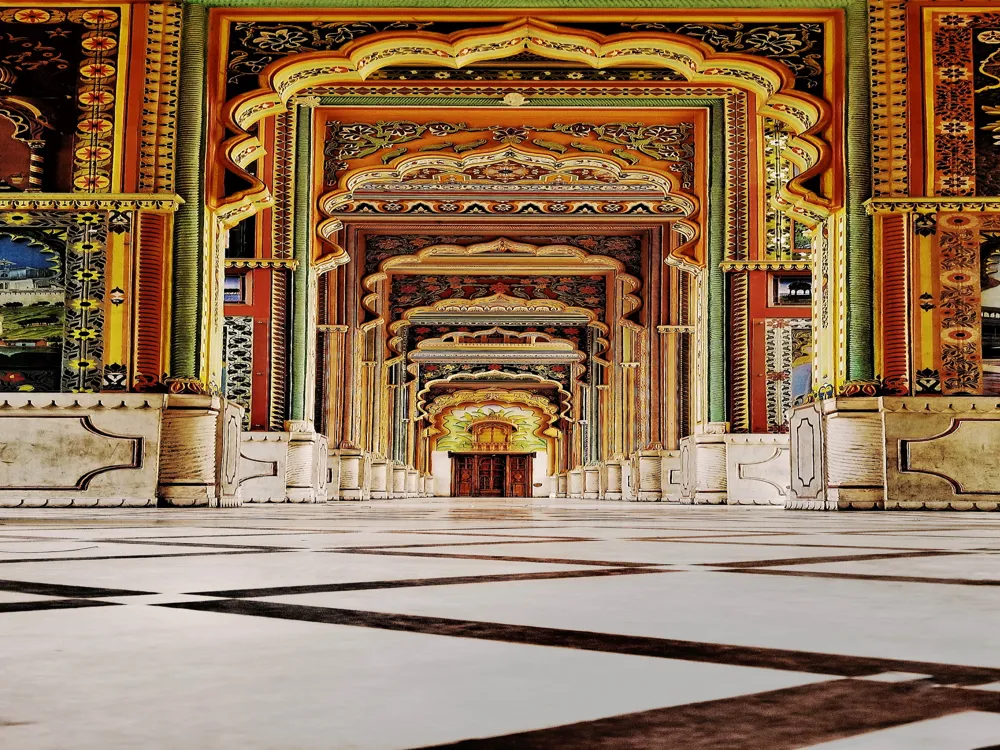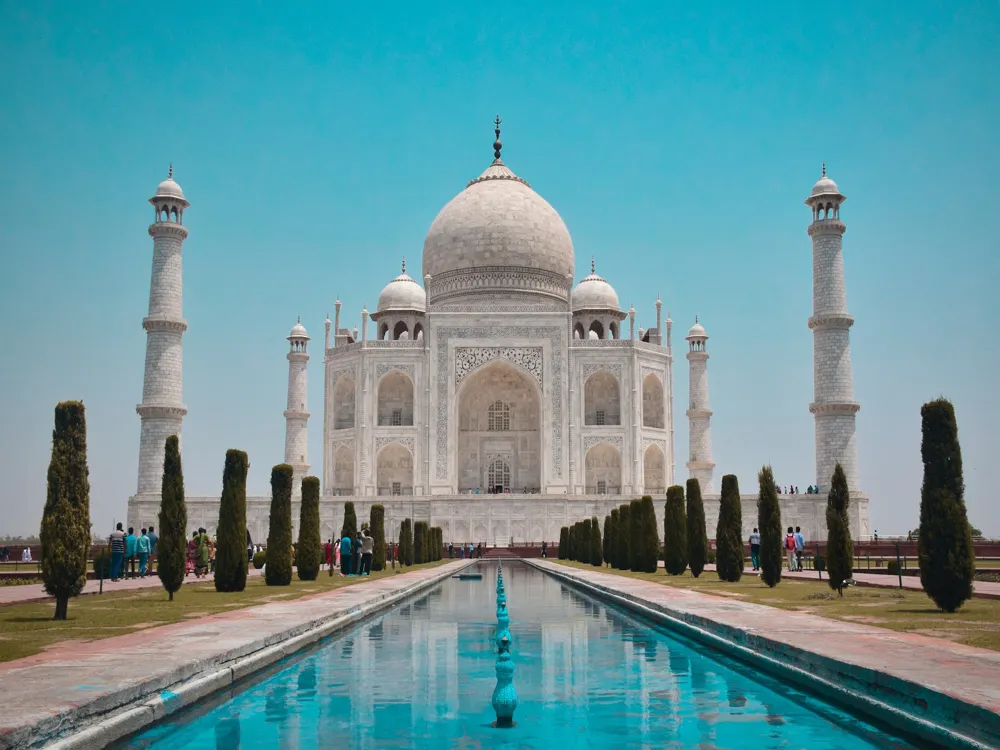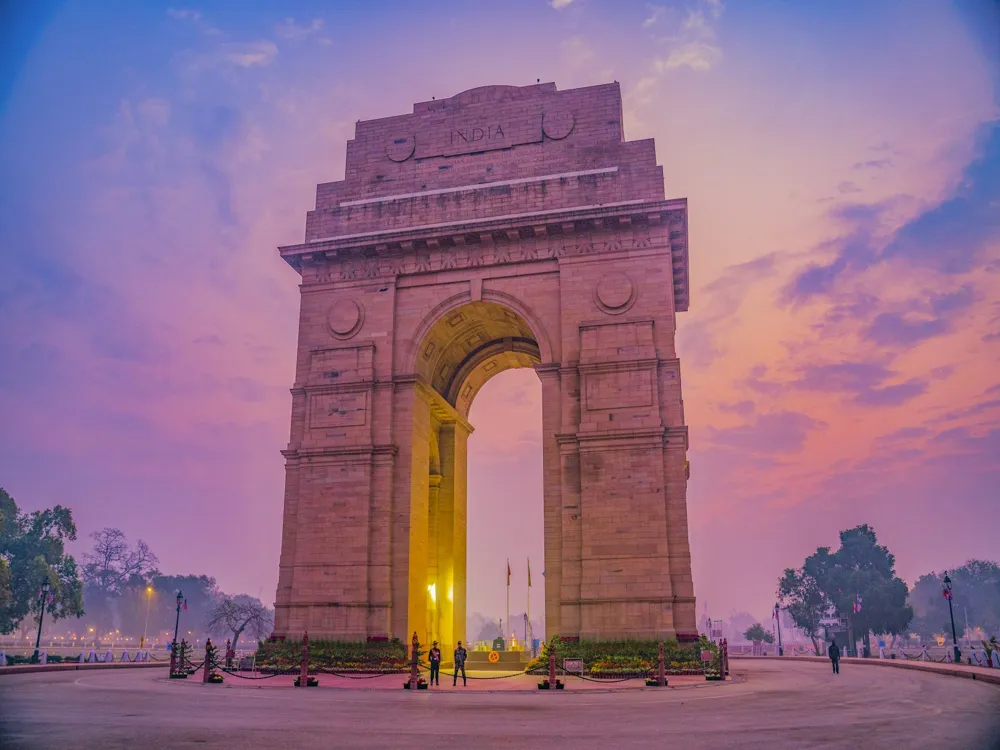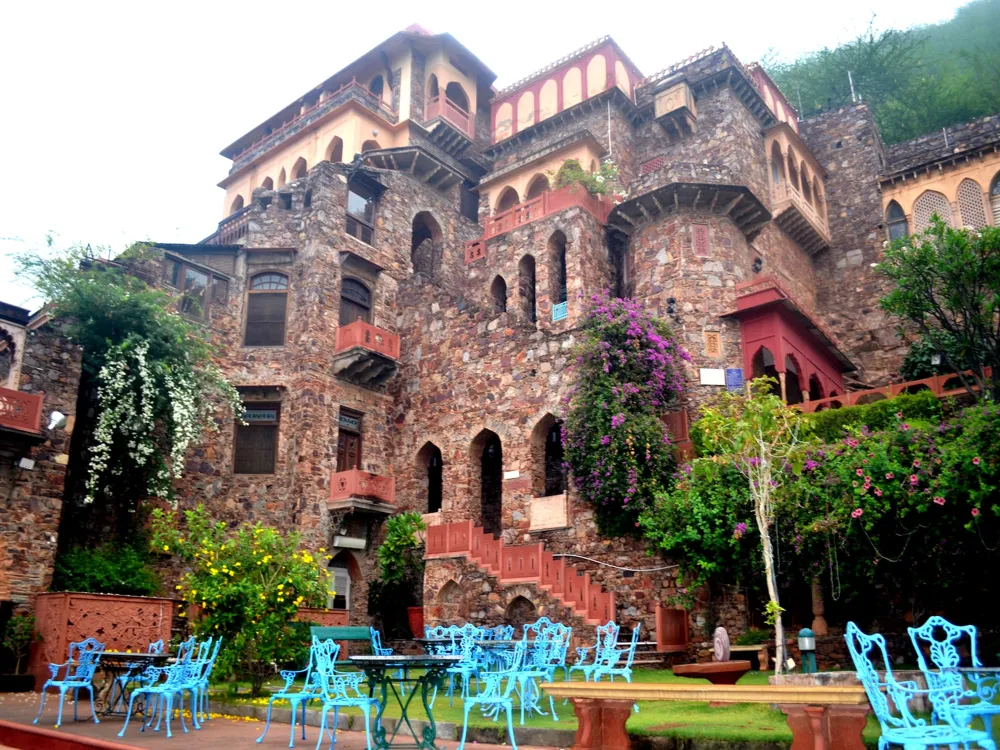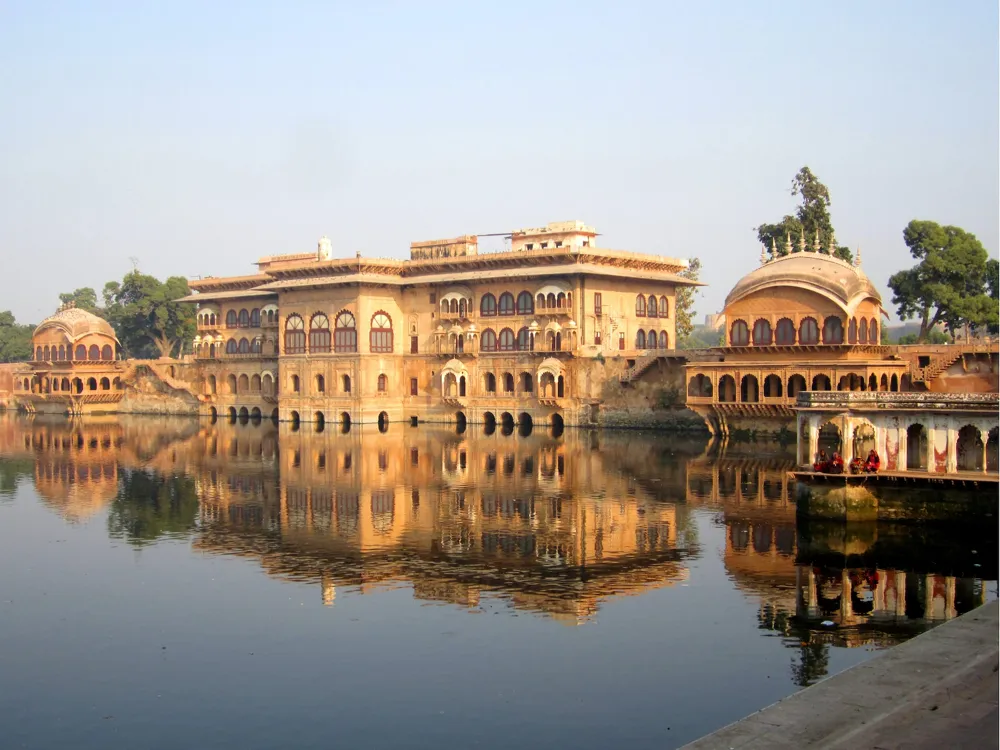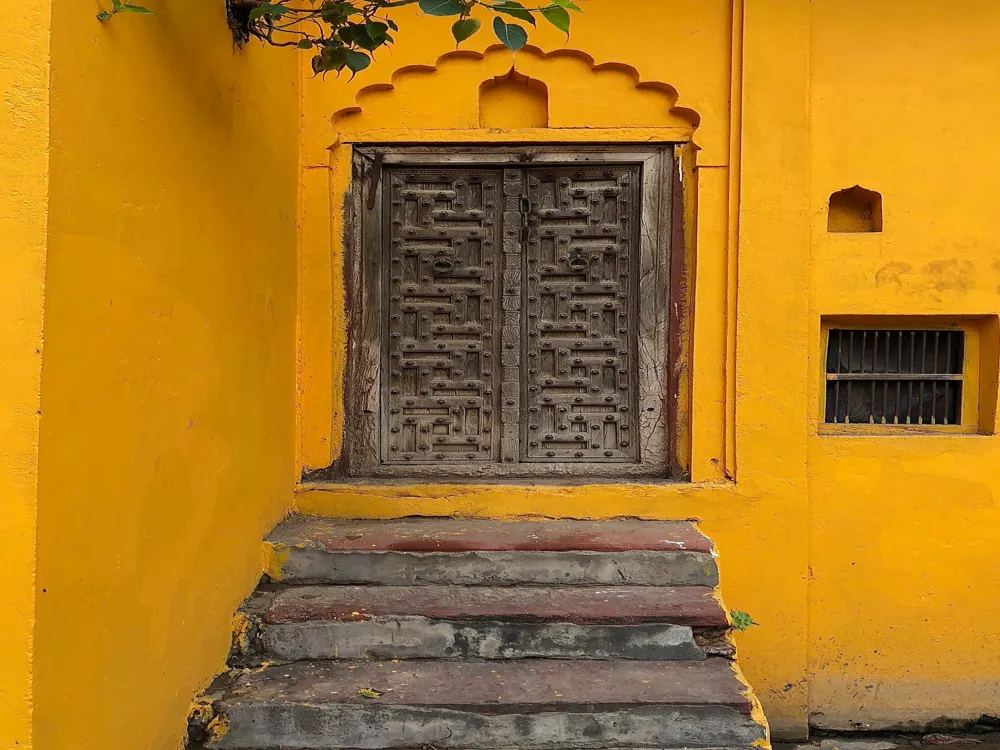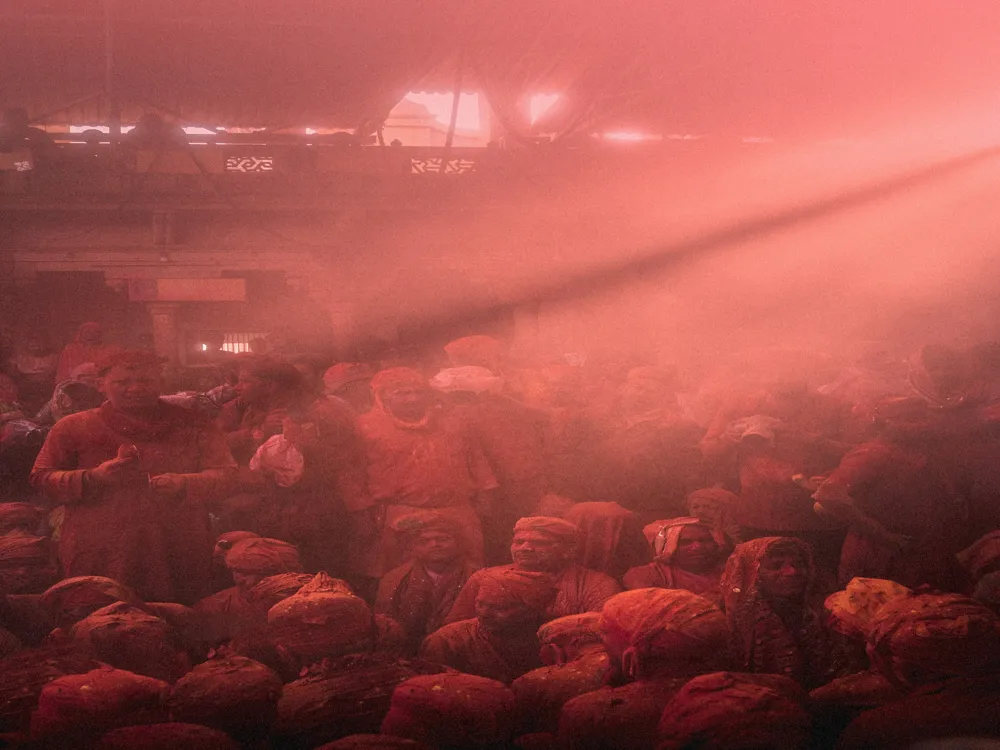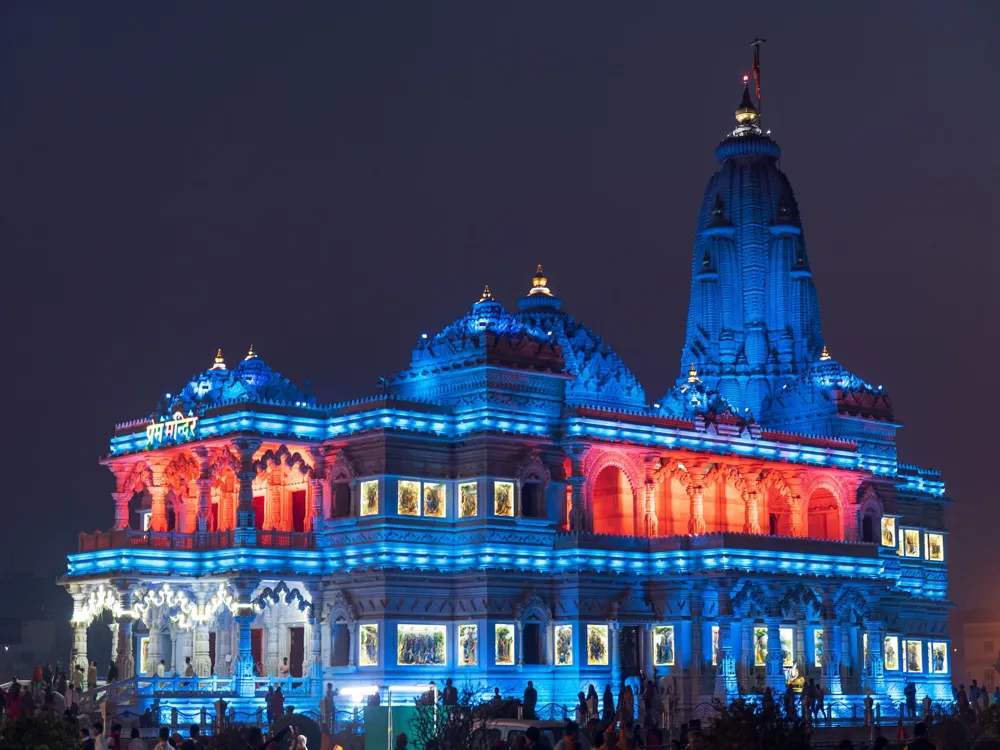Nestled in the lap of the Aravalli range, Alwar is a gem in the crown of Rajasthan, India. Known for its rich history, cultural heritage, and scenic landscapes, Alwar offers a unique blend of tradition and modernity. The city was founded by the Rajput ruler Maharaja Alaghraj in 1049 AD and has since been a witness to numerous historical events. Alwar's strategic location, close to the national capital, New Delhi, adds to its significance. Alwar is not just a city; it's an experience that takes you back in time. The region boasts of forts, lakes, nature reserves, and temples, each narrating tales of the glorious past. Alwar's culture is a colorful tapestry of music, dance, art, and cuisine, deeply rooted in Rajasthani traditions. The city is also known for its festivals, with the Alwar festival being the most prominent, showcasing the folk culture, music, and spirit of the place. The city is surrounded by the lush green Aravalli Hills and is home to the Sariska Tiger Reserve, a haven for wildlife enthusiasts. Alwar's economy thrives on tourism, arts, and crafts. The city is particularly famous for its pottery, handmade carpets, and intricately designed silver jewelry. Alwar's strategic significance has grown over the years, making it a focal point for both tourism and commerce in Rajasthan. Alwar's architecture is a splendid fusion of Rajput and Islamic architectural styles, a testament to its rich and diverse historical influences. The city's skyline is dotted with forts, palaces, and temples, each bearing a unique architectural style and significance. The Bala Qila Fort, perched atop a hill, is an architectural marvel and a symbol of Alwar's strength and resilience. It showcases a blend of Rajput and Mughal architectural styles, with its massive gates, intricate carvings, and splendid chambers. The City Palace, now partly converted into a museum, stands as an example of opulence and grandeur. It houses an exquisite collection of Rajput and Mughal paintings, armors, and manuscripts. Another significant structure is the Moosi Maharani ki Chhatri, an epitome of Indo-Islamic architecture. It's known for its beautiful domes, intricate carvings, and marble pavilions. The Siliserh Lake Palace, now a heritage hotel, is a marvel set against the backdrop of the Siliserh Lake, offering breathtaking views and a peek into royal luxury. Temples in Alwar, like the Neelkanth Mahadev Temple, blend spirituality with architectural beauty. These temples are not just places of worship but also a testament to the skilled craftsmanship of the Rajput era. The city's architecture is a narrative in stone, telling the tales of its glorious past, royal lineage, and the artistic prowess of its people. Alwar is best visited between October and March when the weather is pleasant. Summers can be quite hot, making outdoor exploration challenging. Respect local customs and traditions. Dress modestly, especially when visiting religious sites. It's also polite to remove your shoes before entering temples. Alwar offers a range of accommodation options, from luxury heritage hotels to budget stays. Book in advance, especially during peak tourist seasons. Don’t miss out on trying local delicacies like 'Daal Baati Churma', 'Ghevar', and 'Kachori'. Alwar is also famous for its 'Milk Cake', a must-try sweet. Local transportation includes taxis, auto-rickshaws, and buses. For a more authentic experience, try cycle rickshaws for short distances. Alwar is well-connected by road, rail, and air. The nearest airport is Jaipur International Airport, about 150 km away. Regular trains connect Alwar with major Indian cities like Delhi, Jaipur, and Mumbai. By road, Alwar is accessible via National Highway 48, with regular bus services from Delhi, Jaipur, and other neighboring cities. Read More:Overview of Alwar, Rajasthan
Architecture of Alwar
Tips When Visiting Alwar
Best Time to Visit
Cultural Etiquette
Accommodation
Local Cuisine
Transportation
How To Reach Alwar
Siliserh Lake Palace
Alwar
Rajasthan
NaN onwards
View alwar Packages
Weather :
Label : Must Visit
Tags : Forts & Palaces
Lake Timings : 8:00 AM - 7:00 PM
Time Required : 1 to 2 hours
Entry Fee : No Entry Fee
Constructed By : Maharaja Vinay Singh
Constructed in : 1845
Planning a Trip? Ask Your Question
Alwar Travel Packages
View All Packages For Alwar
Top Hotel Collections for Alwar

Private Pool

Luxury Hotels

5-Star Hotels

Pet Friendly
Top Hotels Near Alwar
Other Top Ranking Places In Alwar
View All Places To Visit In alwar
View alwar Packages
Weather :
Label : Must Visit
Tags : Forts & Palaces
Lake Timings : 8:00 AM - 7:00 PM
Time Required : 1 to 2 hours
Entry Fee : No Entry Fee
Constructed By : Maharaja Vinay Singh
Constructed in : 1845
Planning a Trip? Ask Your Question
Alwar Travel Packages
View All Packages For Alwar
Top Hotel Collections for Alwar

Private Pool

Luxury Hotels

5-Star Hotels

Pet Friendly








